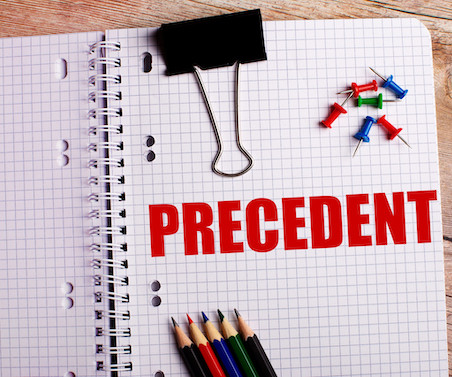Federal Circuit Transfers Case to Second Circuit for Lack of Jurisdiction to Review Decision Stemming from Arbitration
IP Watchdog
JULY 27, 2025
Court of Appeals for the Federal Circuit (CAFC) on Friday, July 25, transferred an appeal over an award issued in an international arbitration and confirmed by a U.S. district court, ruling that the CAFC does not have jurisdiction over the case.












Let's personalize your content